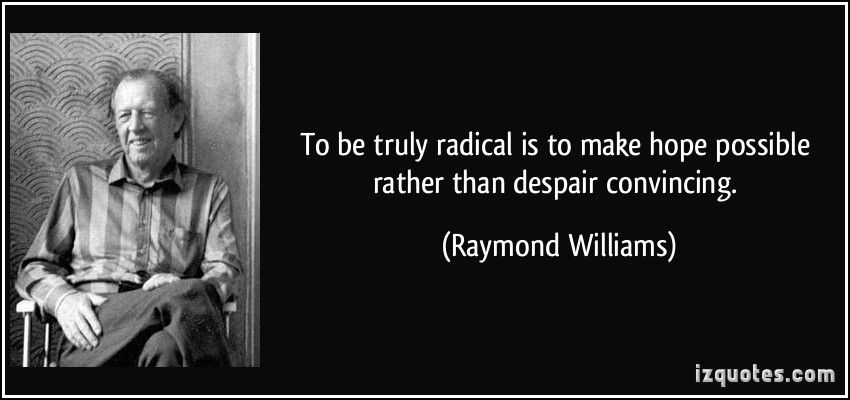A one page summary of Marxism as I understand it. Maybe expand with a link to a page on each point? With reading & references! Nice project.
❋
Marxism 101
- The basic idea
Marxism starts with the question: who does the work, and who gets the benefit?
In most societies, a small group own and control the means to extract wealth: land, factories, companies and banks. Most people have to work to survive.
- Class struggle
Owners and workers have conflicting interests and different forms of power. That tension is everywhere: money, education, health, media, culture. Differences in race, gender, age etc. are used to divide the working class. Class conflict shapes our unconscious and our relationships.
- Capitalism
Workers are paid less than the value of what they produce. Marx saw this as built into the system. It’s systemic, not psychological, not about greed or human nature
- The State
The State exists to maintain class power for capitalists. It disguises its nature to make it look like it is there for everyone. It is active in law, education, enforcement and military.
- Revolution
Workers become conscious of their shared situation. Then as a class conscious force they organise to transform society. The prime directives of society change.
- Socialism
The stage where workers have their own State and use it to ensure ownership of the means of production is social and not private. There is no need to disguise its class nature. It is now in the hands of the many.
- Communism
Communism is an aspirational society where no one owns another’s labour. People contribute according to their ability, and receive according to need. There is no class struggle and thus no need for a State.
- Why it matters
Marxism helps see beneath the surface of politics, ads, work, and media, who benefits and who doesn’t. It’s a lens for understanding power.
Marxism 101. PDF

